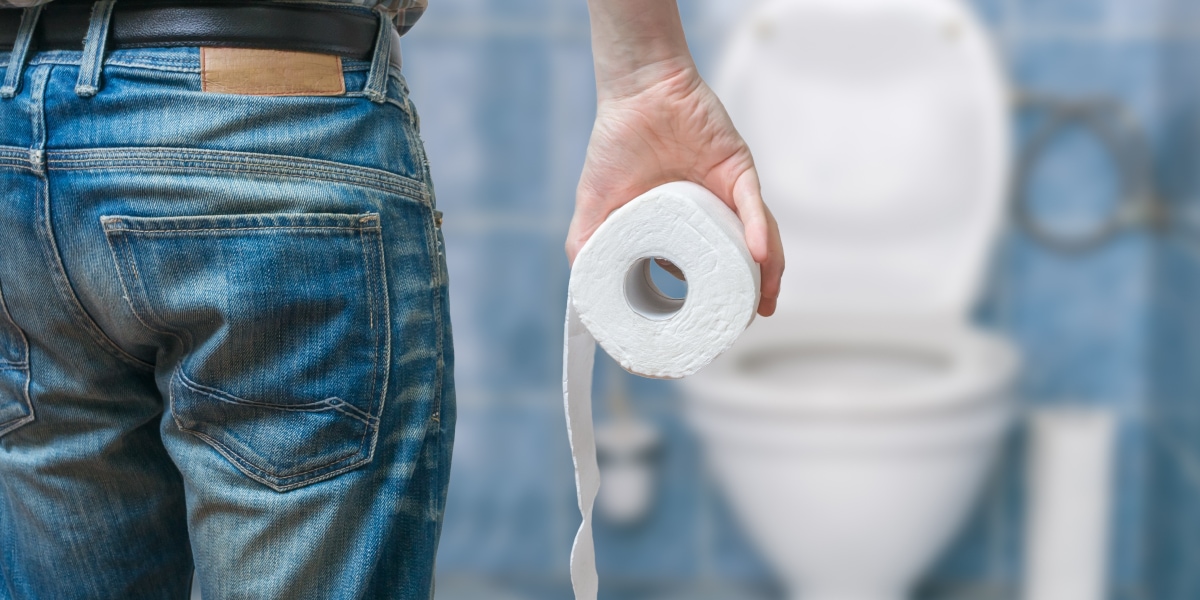Women’s Health Issues
At Advanced Urology Associates, our urologists provide medical evaluation and management of urological conditions in women. For patients experiencing recurrent bladder infections, urinary incontinence, or overactive bladder symptoms, we offer treatment approaches that consider the specific aspects of women’s urological health.
COMMON FEMALE UROLOGIC CONDITIONS
- Recurrent Urinary Tract Infections (UTIs) – Frequent bladder infections in women can disrupt daily life and lead to complications. Our urology specialist in Singapore evaluates underlying causes—such as hormonal changes, anatomy, or hygiene habits—and offers targeted treatments, including preventive antibiotics, lifestyle adjustments, and bladder health plans.
- Urinary Incontinence in Women – Leakage when coughing, sneezing, or exercising (stress incontinence) or sudden urges to urinate (urge incontinence) are common but treatable. Our female urologist provides advanced solutions, from pelvic floor therapy to minimally invasive procedures, helping you regain confidence and comfort.
- Overactive Bladder (OAB) – Frequent, urgent bathroom trips can signal OAB, often linked to nerve issues or muscle dysfunction. Our urology clinic offers diagnostic tests, medication, and behavioral therapies to restore normal bladder function and improve quality of life.
Don’t let discomfort or embarrassment prevent you from seeking help—schedule a consultation today to address your concerns and prioritize your well-being.
FAQs on Women’s Health in Singapore
Women frequently experience urinary tract infections (UTIs), stress incontinence (leakage when coughing/sneezing), overactive bladder (OAB), pelvic organ prolapse, and recurrent bladder infections. Hormonal changes (e.g., menopause), childbirth, and aging often contribute.
Consult a urology specialist if you have:
- Frequent UTIs (bladder infections)
- Uncontrolled urinary leakage (incontinence)
- Sudden, urgent bathroom urges (overactive bladder)
- Blood in urine or pelvic discomfort
Early evaluation prevents complications.
Yes! Strategies include:
- Staying hydrated
- Urinating after intercourse
- Avoiding irritants (e.g., caffeine, alcohol)
- Probiotics or preventive antibiotics (if recurrent)
Our female urologist can create a personalized prevention plan.
Options range from lifestyle changes (pelvic floor exercises) to minimally invasive procedures (e.g., bladder slings, Botox injections). A urology clinic like ours tailors solutions based on the type (stress/urge/mixed incontinence) and severity.
Absolutely! Many cases improve with:
- Bladder training techniques
- Medications to relax bladder muscles
- Pelvic floor therapy
Nerve stimulation therapies
Surgery is rare and only considered if conservative methods fail.



